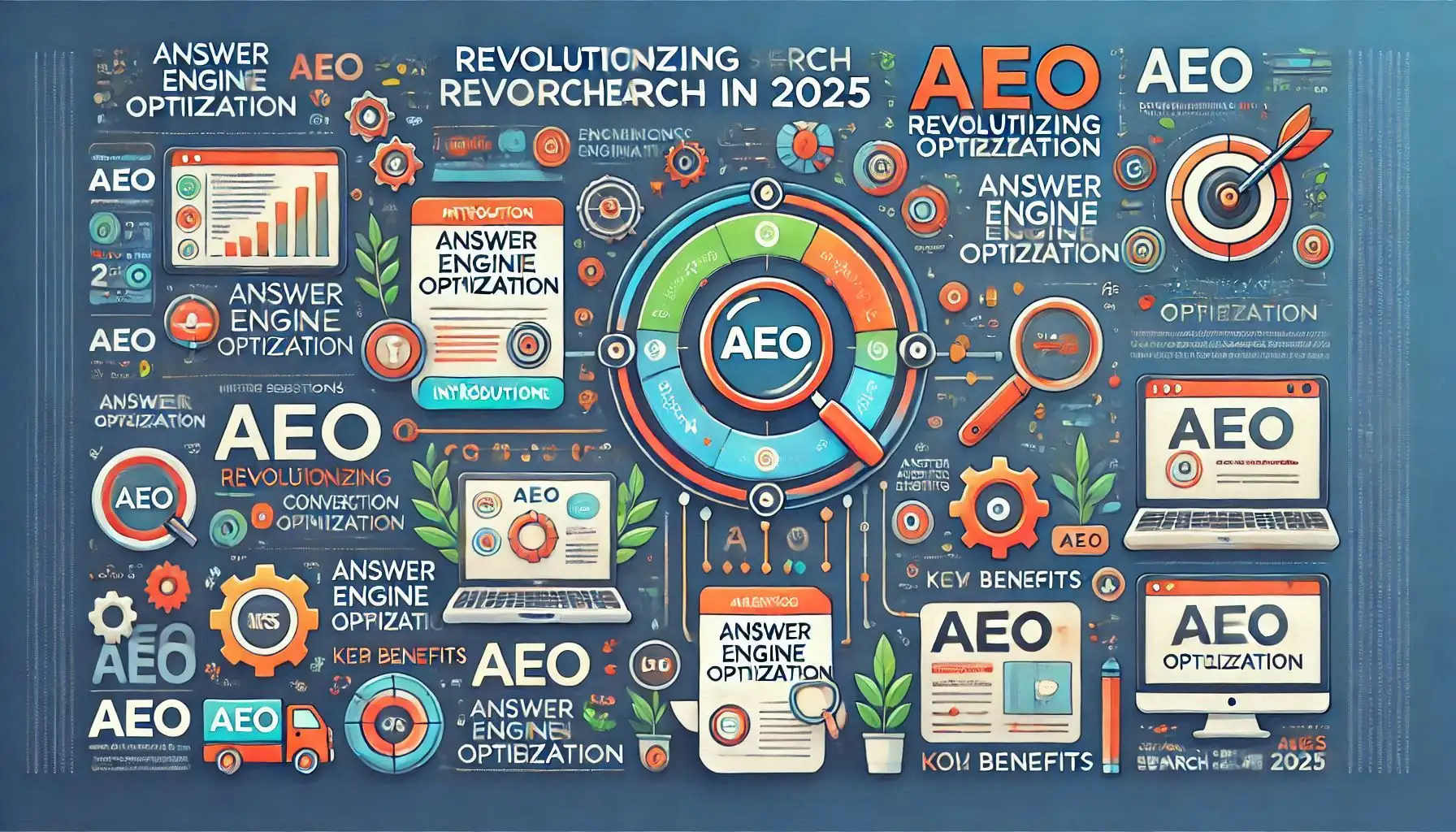Local searches drive a massive amount of online traffic, with over 76% of people who search for something nearby visiting a business within a day. To capitalize on this, leveraging geomods in your blog posts is crucial. Geomods, or geographical modifiers, add local context to your content, making it easier for search engines and potential customers to find you. This article will guide you on strategically placing geomods within your blog content to maximize local search visibility.
Geomods in Blog Post Titles and Meta Descriptions
Title Optimization
Creating a compelling title is your first step in capturing attention. Include relevant geomods to improve local search visibility. For example, instead of “Best Pizza”, use “Best Pizza in Nashville” to draw in localized traffic.
Meta Description Magic
Meta descriptions play a vital role in enticing clicks from local searchers. Use geomods to provide clear context. For instance, “Looking for the best pizza in Nashville? Discover delicious options and local favorites in our guide!” It provides clarity and attracts the right audience.
Keyword Research for Geomods
Conducting thorough keyword research helps identify high-volume, low-competition geomods. Utilize tools like Google Keyword Planner to find terms that will drive local traffic to your blog.
Integrating Geomods Naturally in Your Blog Body
Contextual Placement
Integrate geomods naturally within your content. A good implementation might mention “best places for pizza in Nashville” while poor implementation could read forced, like “Nashville pizza in Nashville.” Depth and relevance matter.
Strategic Keyword Density
Aim for a keyword density of 1-2% for optimal engagement. This ensures your blog remains effective without overwhelming readers. Including geomods too frequently dilutes your message.
Avoiding Keyword Stuffing
Keyword stuffing can harm your SEO ranking and user experience. Overusing geomods can annoy readers and confuse search engines. Renowned SEO expert Neil Patel warns that search engines prioritize content quality. Focus on seamless integration instead.
Utilizing Geomods in Images and Multimedia
Alt Text Optimization
Using geomods in image alt text enhances accessibility and SEO. For example, an image of a pizza from a local restaurant might have the alt text “Delicious pizza in Nashville”. This helps search engines understand what the image represents.
Video Descriptions and Captions
Incorporate geomods in video descriptions and captions too. A tutorial on making the perfect sauce can include, “Learn how to make pizza sauce like the best pizzerias in Nashville.”
Infographic Geomods
Creating infographics with geomods can boost shareability and engagement. For example, a local pizza guide infographic highlighting Nashville’s top spots can attract viewers both locally and beyond.
Geomods in Internal and External Linking
Internal Linking Strategy
Include geomods within internal links to bolster site architecture and SEO. For instance, link phrases like “best pizza in Nashville” to relevant restaurant reviews on your site.
External Linking Best Practices
Utilize geomods in external links to establish relevance and authority. For example, if you mention a local pizza festival, link to the event’s official website for credibility.
Schema Markup Considerations
Incorporate geomods into schema markup for enhanced local search visibility. Schema helps search engines understand your content’s context, improving your chances of appearing in local search results.
Geomod Use in Blog Categories and Tags
Categorization Strategy
Utilize geomods within your blog categories. For example, create a category called “Nashville Dining” to improve organization and SEO.
Tagging for Local Reach
Use relevant geomods as blog tags to boost searchability. Tags like “Nashville Pizza” or “Local Foodies” help categorize content and attract targeted traffic.
URL Structure Optimization
Incorporating geomods within your URL improves searchability. A URL such as “yourblog.com/nashville-best-pizza” is more enticing and descriptive than “yourblog.com/post123.”
Conclusion: Key Takeaways and Next Steps
Strategically placing geomods throughout your blog content is vital for enhancing local SEO. Start by optimizing titles and meta descriptions, integrating geomods seamlessly within your text, images, and videos. Leverage them in linking, categorization, and tagging strategies.
Next, implement these geomod strategies in your writing and monitor your local search visibility. Your blog can become a key player in local search results. Share your experiences and questions below.



